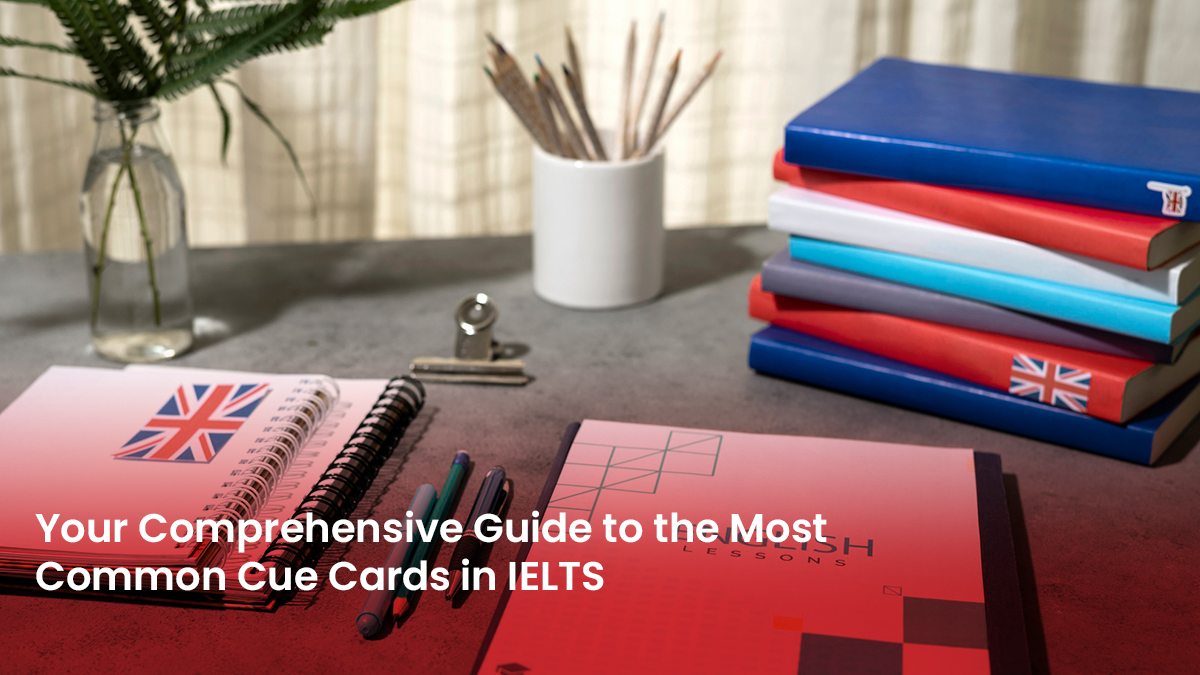Studying in Canada is a popular choice for students around the world. The country offers some of the best educational institutions and opportunities, making it a top study destination for students. If you’re a student in India who is looking to study in Canada, then you’ll need to familiarize yourself with the admission process.
This article will outline the steps you need to take to be accepted into a Canadian college or university. Read along to learn how to study in Canada after the 12th for Indian students.
Canada offers three exams every year:
- September (Fall)
- January (Winter)
- May (Summer)
Steps to be taken into consideration when studying in Canada after the 12th are the following:
- Check the eligibility and requirements of your chosen course and institution.
- Take the required English Proficiency Test.
- Go to the university’s official website and apply online.
- Wait for the university’s response. Some admission committees may consider an interview.
- You can start applying for student visas after confirming your acceptance into university.
Eligibility and Requirements to Study in Canada After the 12th
It’s time to start planning your future and consider studying in Canada! If you’re an Indian student who has just completed 12th grade, the process of applying to a Canadian university can seem daunting. Taking the first few steps would go well if you’ve done thorough research on whether you’re eligible. Your efforts will pay off once you get there.
Each institution and university has different eligibility criteria for their particular programs and classes. However, the minimum eligibility required to be able to enroll in these programs and courses is listed below.
-
IELTS Score
An IELTS score is the minimum requirement to apply for a student visa to Canada. It is offered in over 90 countries around the world and is accepted by all Canadian post-secondary institutions.
The IELTS exam has four components: listening, reading, writing and speaking. The test lasts approximately 2 hours and 44 minutes.
| Academic Level | IELTS Score Requirement |
| Bachelor’s
Diploma Certificate Courses |
6 or 6.5 |
| Post-graduate
Masters Courses |
6.5 overall with no bands less than 6 |
2. Statement of Purpose (SOP)
A statement of purpose is your opportunity to explain why you want to study in Canada and what you hope to achieve by doing so. It is also your chance to show off your achievements and highlight your qualifications. It’s important to make sure that your statement is well written and thorough.
SOP should be a 1000-1500 essay answering the following:
- Why study in Canada?
- Reasons for choosing a specific university
- Tell them about your education
- Inform your future employers that migrating to a new nation is a major life choice.
The students should also address to answer these questions:
- How will you pay for your Canadian studies?
- Are you aware of your rights as a foreign student in Canada?
3. Letter of Recommendations (LORs)
A letter of recommendation is an excellent way of telling the admissions committee about your expertise and interests in a particular field. Recommendations from your professors about your sincerity and character are helpful when applying for Canadian universities.
Types of LORs
- Academic LOR – Recommendation from institutions attended
- Professional LOR – Recommendation from industry
LORs Needed From Several Canadian Universities
| Institution | Required LORs | LOR Type |
|---|---|---|
| McGill University | 2 | Academic
Professional |
| McMaster University | 2 | Academic |
| University of Alberta | 2 | Academic |
| University of British Columbia | 3 | Academic
Professional |
| University of Montreal | 1 | Academic |
| University of Toronto | 2 | Academic |
| University of Waterloo | 2 | Academic |
| Western University | 2 | Academic |
4. Valid Passport and a Student Visa
You’ll need to make sure you have a valid passport and a student visa to study in Canada after the 12th. Canadian Student visa requirements can vary depending on where you apply. Once you have all the necessary documentation, you can apply for a student visa at your nearest Canadian embassy or consulate.
If your application is successful, you will be issued a study permit, which will allow you to stay in Canada for the duration of your studies. Remember, it’s important to keep your passport and study permit up to date and valid at all times while you’re studying in Canada.
You can apply for a Canada study visa if you fulfill the following criteria:
- You have been accepted by a designated learning institute (DLI).
- You have adequate funds to pay for your tuition fees and living expenses.
- You need to prove that you have a clean background and no criminal record. You need to produce a police verification certificate to prove this.
- A thorough health checkup needs to be conducted by producing a medical certificate that certifies that you are in good health.
- Also, at the time of the visa interview, it is necessary that you convince the visa officer that you will leave Canada after the completion of your studies.
Documents required to study in Canada after the 12th, student visa requirements:
- Valid passport.
- Proof of approval by a designated institute
- Proof of funds
- Passport-size photographs
- Immigration Medical Examination (IME).
- Statement of Purpose
- Language Proficiency Test
Applying to study in Canada after the 12th grade is a process that requires careful planning and consideration. By keeping the above information in mind, you can streamline your application process and increase your chances of being accepted into the program of your choice.



























